All Stories
-
 Plants
PlantsPollinators are usually safe from a Venus flytrap
A first-ever look at what pollinates the carnivorous Venus flytrap finds little overlap between pollinators and prey.
-
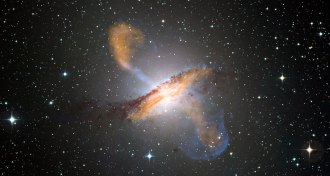 Cosmology
CosmologyThe way dwarf galaxies move puts a new spin on galaxy formation
Distant dwarf galaxies orbit a larger galaxy in a coordinated loop, rather than randomly as expected. The finding could challenge theories of dark matter.
-
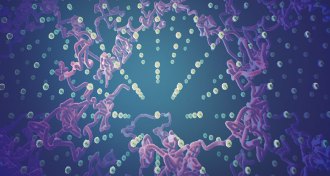 Physics
PhysicsLaser experiment hints at weird in-between ice
Scientists spot signs of an unusual phase of water called superionic ice.
-
 Astronomy
AstronomySome of TRAPPIST-1’s planets could have life-friendly atmospheres
The seven planets orbiting TRAPPIST-1 are probably rocky and some may have life-friendly atmospheres, two new papers suggest.
-
 Science & Society
Science & SocietyWikipedia has become a science reference source even though scientists don’t cite it
Wikipedia is everyone’s go-to source. Even scientists. A new study shows how science on Wikipedia may end up forwarding science itself.
-
 Science & Society
Science & Society‘Death: A Graveside Companion’ offers an outlet for your morbid curiosity
A coffee-table book explores how humans have tried to understand death through the ages.
-
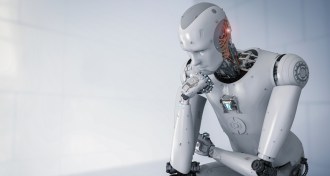 Artificial Intelligence
Artificial Intelligence‘Machines That Think’ predicts the future of artificial intelligence
In a new book, an artificial intelligence expert explores AI’s past, present and future.
-
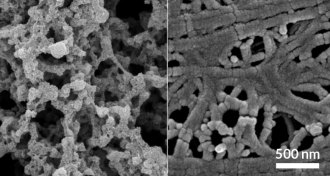 Materials Science
Materials ScienceNew textile weathers temperature shift
Reversible textile keeps skin at a comfortable temperature with thin layers of carbon and copper.
-
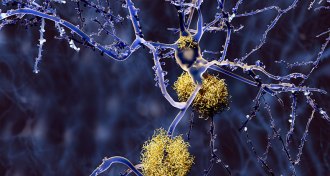 Neuroscience
NeuroscienceA blood test could predict the risk of Alzheimer’s disease
A blood test can predict the presence of an Alzheimer’s-related protein in the brain.
-
 Animals
AnimalsA peek into polar bears’ lives reveals revved-up metabolisms
Polar bears have higher metabolisms than scientists thought. In a world with declining Arctic sea ice, that could spell trouble.
By Susan Milius -
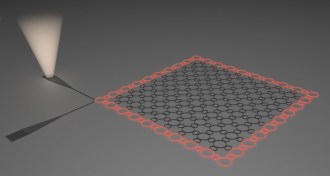 Tech
TechNew laser emits a more stable, energy-efficient light beam
A new type of laser could emit more stable, energy-efficient light beams than its conventional counterparts.
-
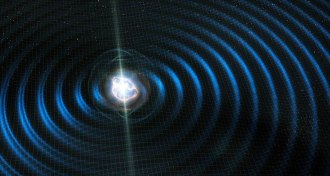 Physics
PhysicsGravity doesn’t leak into large, hidden dimensions
Gravitational waves from a recently observed neutron star merger offer no evidence of large, unknown dimensions.